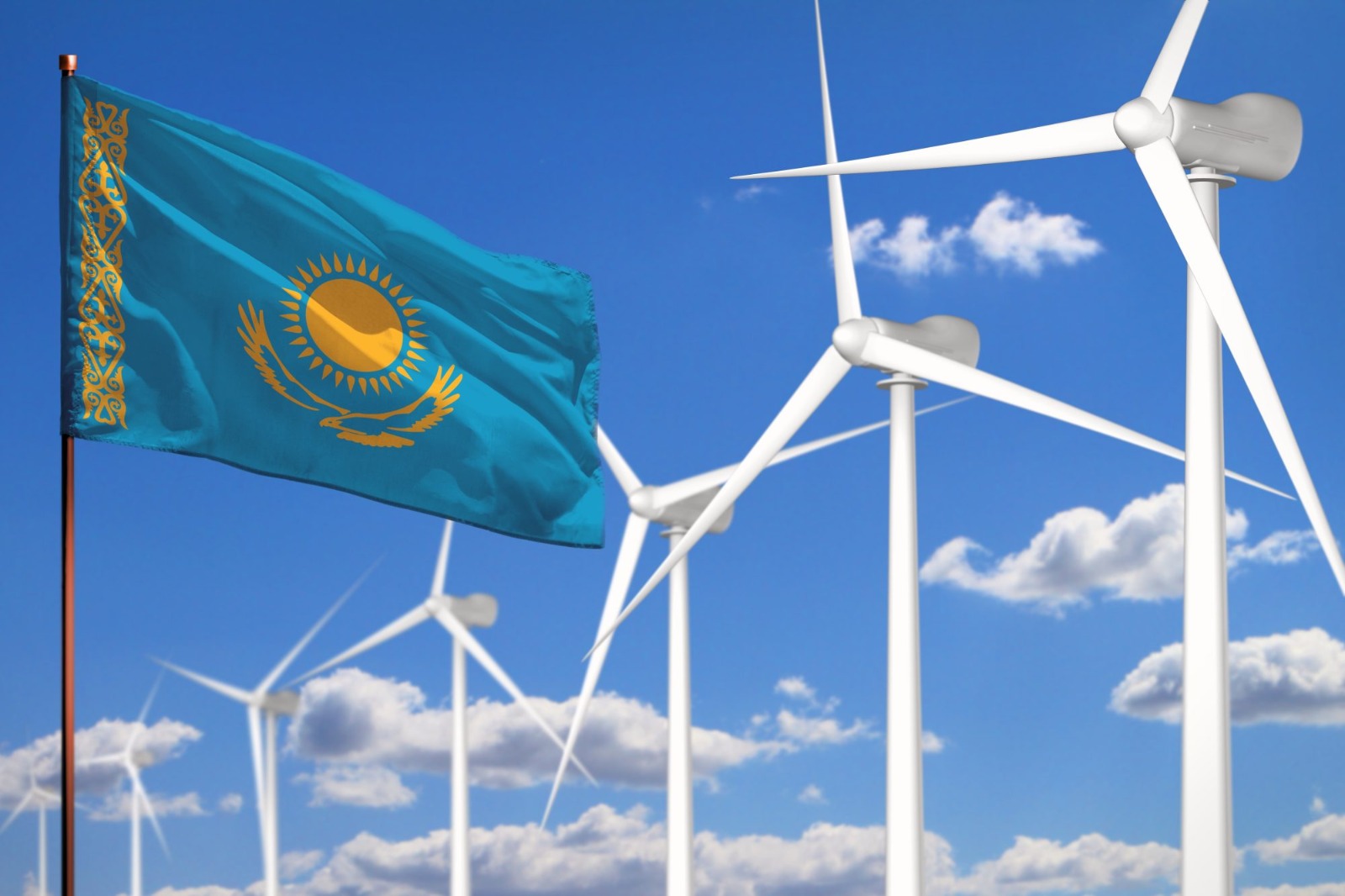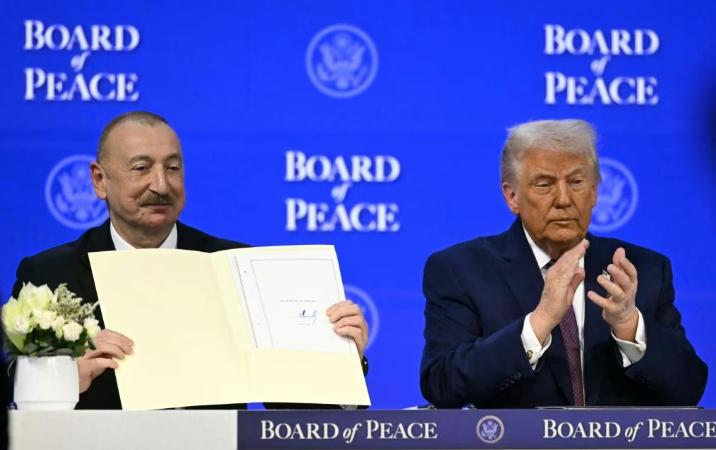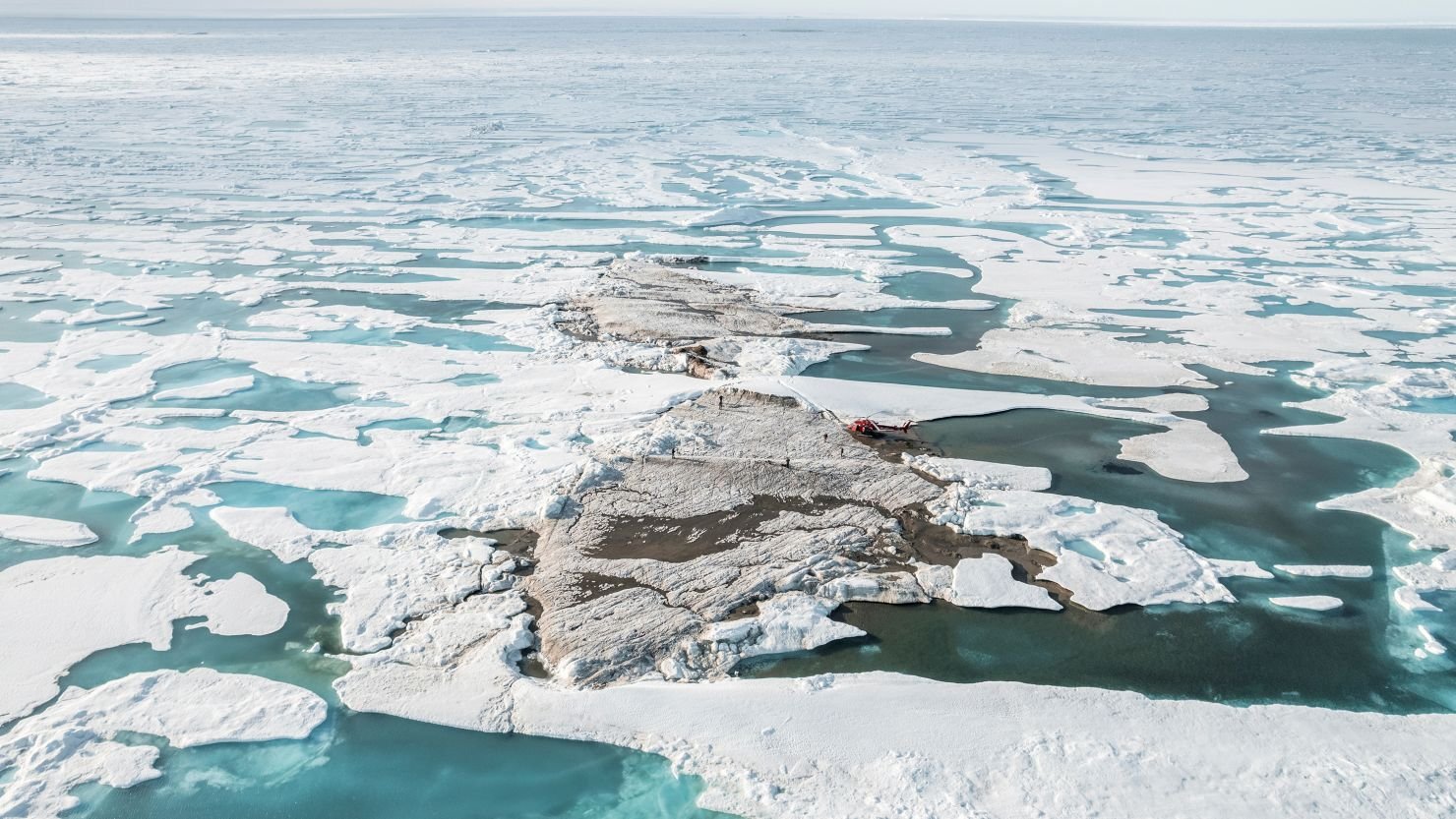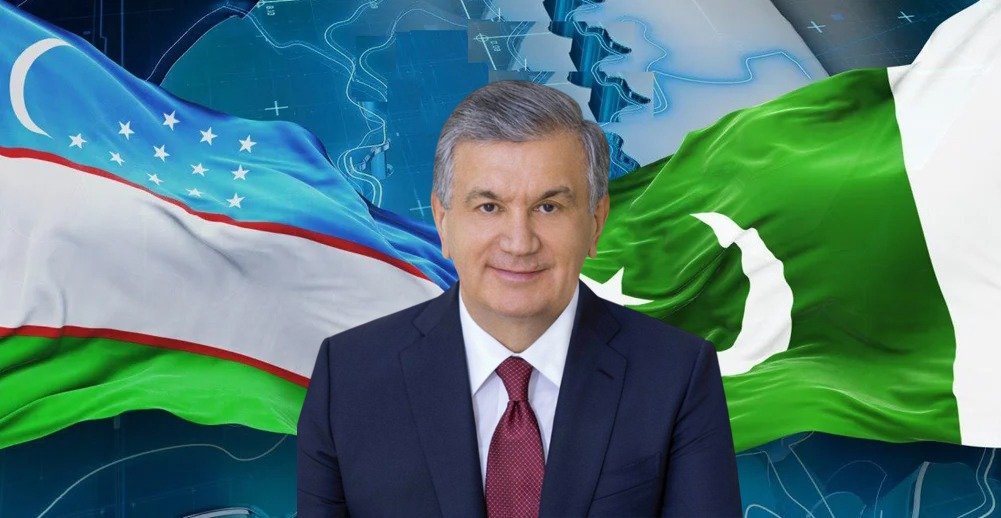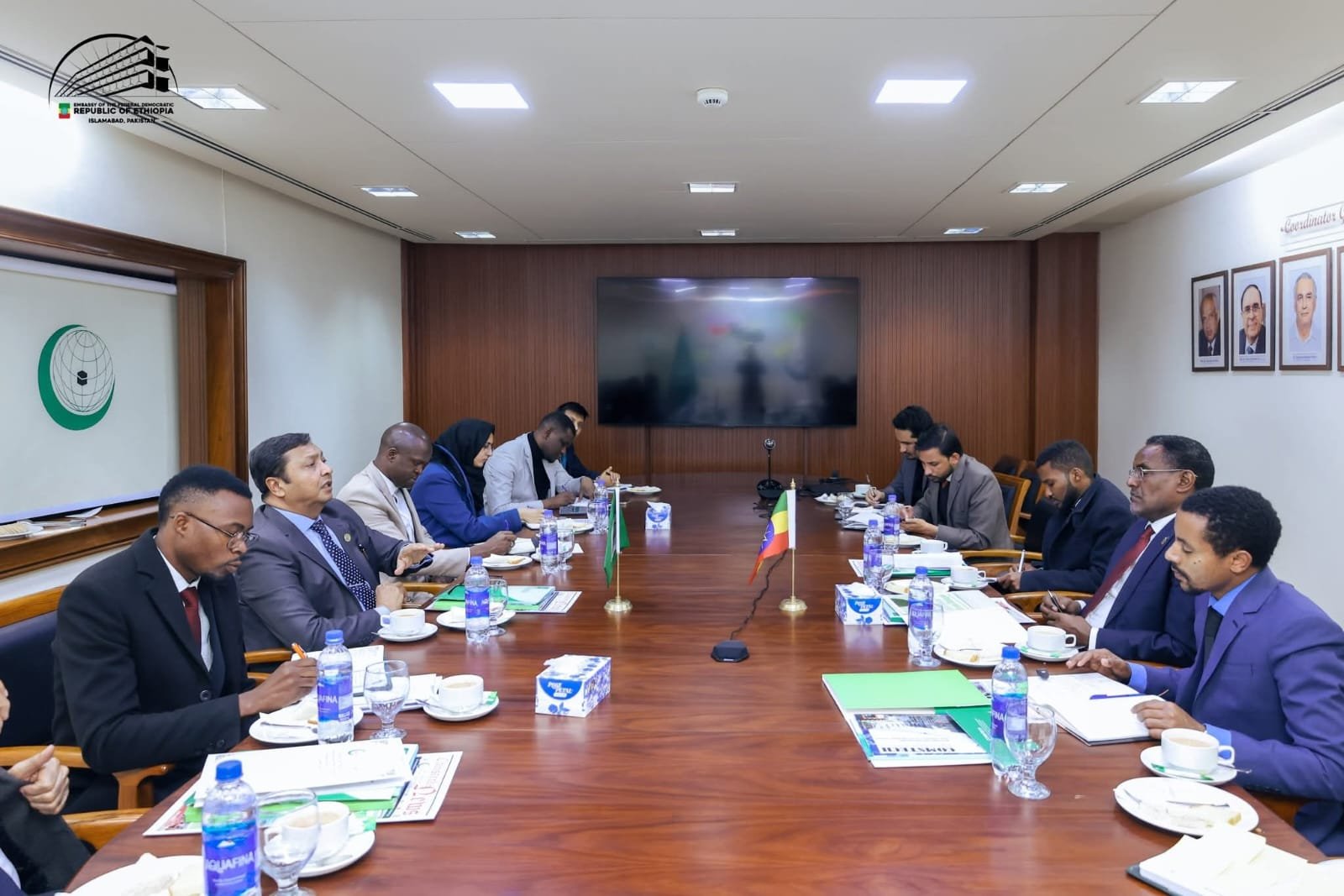The clean energy transition is fostering new forms of cooperation and economic ties among countries. Kazakhstan is solidifying a more prominent role on the world stage and expanding its partnerships. Positioned at the crossroads of Europe, Asia, and the Middle East and endowed with abundant natural resources, Kazakhstan is a key trade corridor. Kazakhstan and the broader Central Asia region are hugely important to the global oil and gas industry.
Kazakhstan’s role in global energy markets is multifaceted and evolving, driven by its vast natural resources and strategic geopolitical positioning, making it a critical player in both traditional and emerging energy sectors. The country’s energy and economic potential have attracted a lot of international investors, with its multilateral policy serving it well as the world transitions to cleaner energy sources. Kazakhstan boasts abundant energy resources, including significant reserves of oil, natural gas, and uranium, alongside burgeoning wind, solar, and green hydrogen projects, creating a diverse set of assets with immense energy and economic potential.
This rich resource base positions Kazakhstan as a key supplier in the global energy market, particularly to China, which is the largest market for Kazakhstan’s energy exports and is often referred to as the “belt buckle” in China’s Belt and Road Initiative due to its strategic importance. The strengthened relationship between the two countries has grown out of China’s insatiable demand for fossil fuels and its expanding global engagement as China diversifies its energy sector.
Kazakhstan’s pragmatic foreign policy, characterised by “multi-vector” diplomacy, is forging new geopolitical dynamics through energy diplomacy, attracting a range of international investors. Kazakhstan’s diverse energy resources include approximately 12 percent of the world’s uranium reserves and around 33 percent of global uranium production, further bolstered by critical mineral deposits and an array of wind, solar, and green hydrogen projects. The country’s commitment to clean energy is evident in its plans to expand its solar and wind energy capacities and its efforts to harness the potential of green hydrogen as a promising new export. Additionally, Kazakhstan’s substantial uranium mines generate tailings, which, elsewhere, have been found to contain significant amounts of rare earth elements (REEs). These REEs are essential for the global clean energy transition, positioning Kazakhstan as a pivotal supplier in the emerging clean energy economy. Kazakhstan’s strategic partnership in clean energy supply chains and its emphasis on greater economic integration underline its role in shaping the future of global energy markets. Its clean energy transition, heavily reliant on wind and solar power, represents another promising export avenue, particularly in the form of green hydrogen.
In November 2023, the Ministry of Energy of Kazakhstan said that Kazakhstan, Azerbaijan, and Uzbekistan agreed to prepare a statement of work for the project related to the export of green energy from Central Asia to Europe via Azerbaijan and establish a joint venture. On 1 May 2024, energy ministers from Kazakhstan, Azerbaijan, and Uzbekistan met in Tashkent to sign a memorandum on connecting the energy systems of the three states. Under these arrangements, the partners are planning to lay a high-voltage cable on the bottom of the Caspian Sea and through the territory of any other necessary country to facilitate the export of green energy from Azerbaijan, Kazakhstan, and Uzbekistan to foster regional cooperation and enhance energy security in Europe.
Furthermore, in February 2024, the energy minister of Kazakhstan approved a plan to launch a series of wind power stations with a combined capacity of 9 gigawatts by 2035, a significant step towards increasing the country’s renewable energy capacity. Among these, the five biggest wind power stations will collectively account for 5 gigawatts of green energy. These ambitious projects are being developed by five foreign companies, each committed to constructing one-gigawatt wind power stations by 2028 in the region, and are expected to be financed through investment agreements that stipulate the establishment of tariffs for regular consumers, which must be approved by authorities, ensuring both the economic feasibility and accessibility of this new energy infrastructure.
Kazakhstan is committed to diversifying its energy sources, and promoting sustainable development plays a crucial role in the regional and global transition towards greener energy solutions. It is a key player in contributing significantly to global efforts to reduce carbon emissions and combat climate change.
In conclusion, Kazakhstan is at the forefront of the global energy landscape due to its richness of resources, ideal position, and transition towards a more sustainable and diversified energy future by leveraging its vast natural resources, strategic partnerships, and commitment to clean energy. Kazakhstan’s energy strategy reflects a forward-thinking approach that balances the exploitation of its vast fossil fuel reserves with significant investments in renewable energy projects, ensuring long-term energy security and economic growth.

Executive Director, Pakistan Research Center for a Community with Shared Future (PRCCSF).
